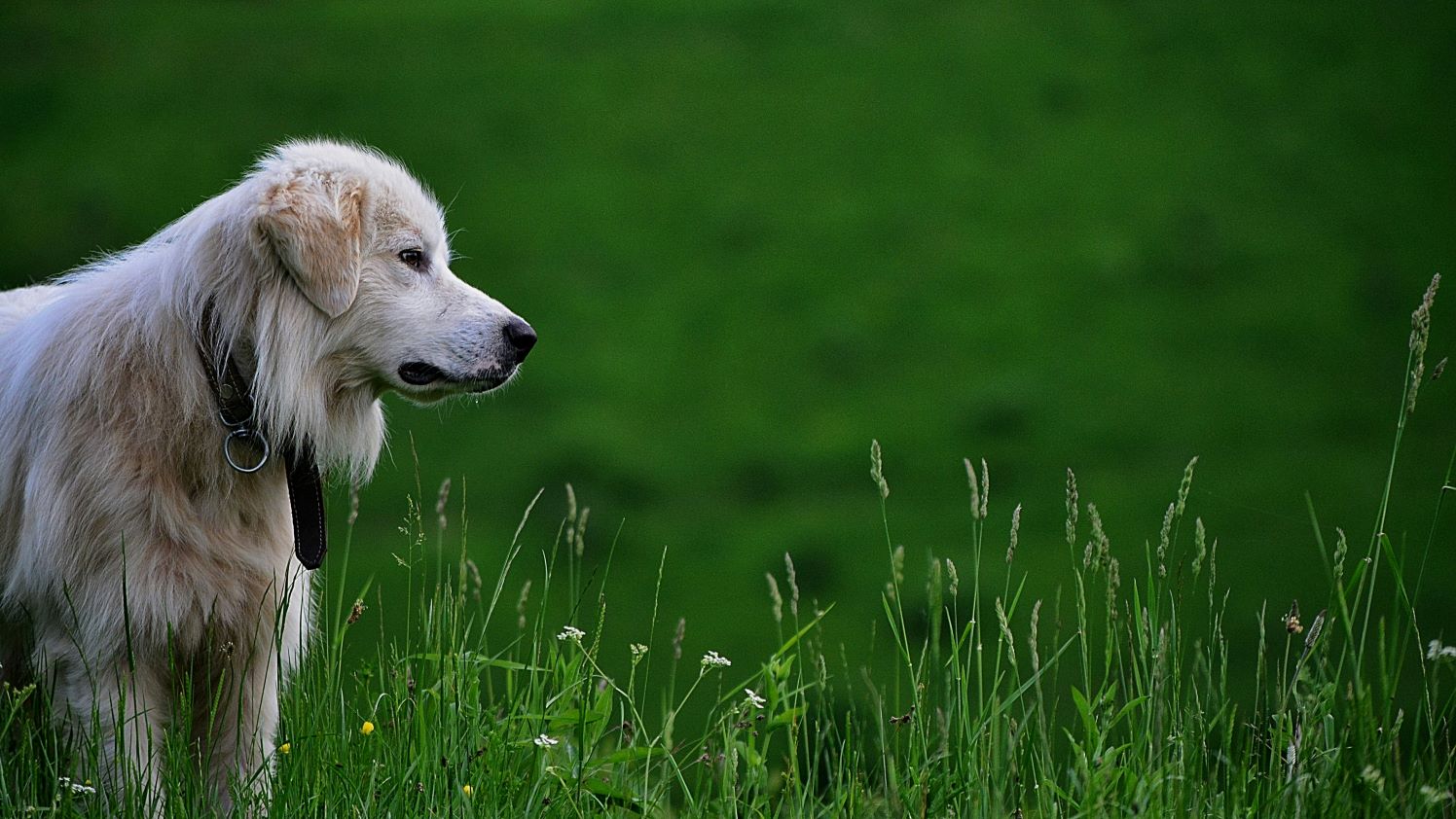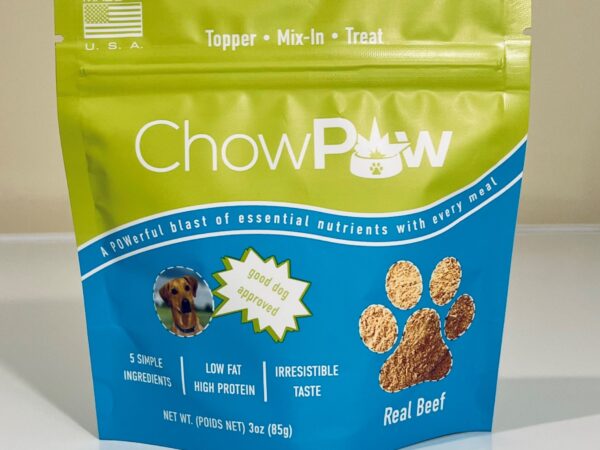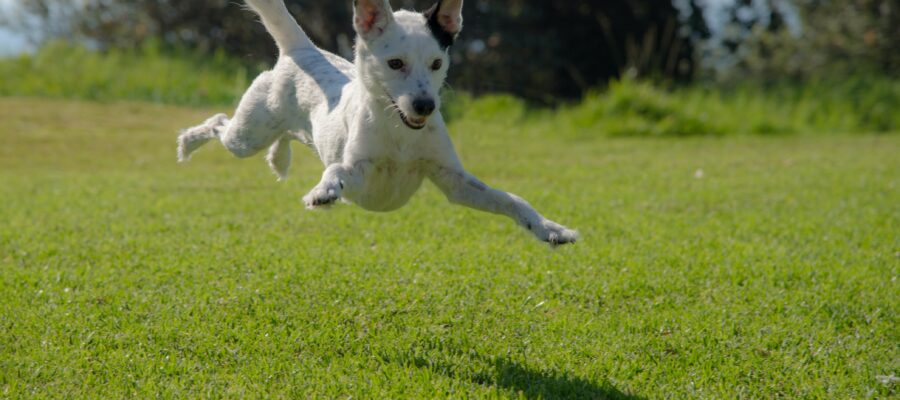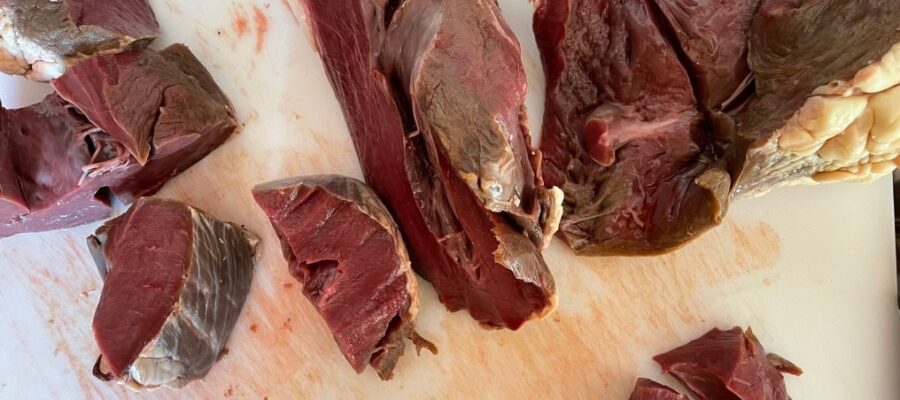
Wellness Wednesday: Why Do Dogs Eat Grass? Debunking the Myths
Let’s face it, most dogs enjoy a grassy snack from time to time. While it might seem like odd behavior to us, there are several reasons behind this common canine quirk. Let’s separate fact from fiction and explore what might be driving your dog’s grazing habits.
Popular Myths About Grass Eating
-
“My dog is sick and trying to make themselves vomit.”
- While it’s true that some dogs eat grass when their stomach is upset, and may vomit afterward, studies suggest this isn’t the primary reason for the behavior. Research indicates that very few dogs appear ill before eating grass and the majority don’t throw up afterward. [invalid URL removed]]
-
“They’re trying to get nutrients they’re missing.”
- Modern dog foods are formulated to be nutritionally complete. While grass contains some fiber and trace vitamins, it’s unlikely your dog is targeting it as a significant nutritional source.
So, Why the Grass Cravings? Potential Explanations
-
Instinctual Behavior: Dogs’ ancestors, wolves, consumed the stomach contents of prey animals, which often included plant matter. This behavior might be lingering in our domesticated pups.
-
Boredom or Stress: Just like chewing inappropriate objects, eating grass might be a way for bored or anxious dogs to relieve pent-up energy or seek attention.
-
Dietary Fiber: Some dogs might seek out grass as a source of additional fiber to aid digestion, regulate bowel movements, or help pass something they’ve ingested but can’t digest.
-
Exploration and Enjoyment: Puppies especially might explore the world through their mouths. Grass, with its interesting texture and taste, can simply be a fun thing to munch on.
-
Medical Conditions: In rare cases, excessive grass eating can be associated with underlying medical issues like gastrointestinal disease, parasites, or nutrient deficiencies.
Is it Harmful? Should I Stop My Dog?
In most cases, occasional grass-eating is harmless. However, be mindful of these precautions:
- Pesticides and Herbicides: Ensure grass your dog nibbles on is untreated with chemicals.
- Toxic Plants: Identify and avoid potentially harmful plants in your yard or on walks.
- Parasites: Grass blades can harbor parasite eggs, making regular deworming important.
Generally, trying to prevent a dog from eating grass entirely is unnecessary. Focus on addressing any potential underlying reasons (boredom, anxiety, etc.).
When to Consult Your Veterinarian
- Sudden Increase in Grass Eating: If it’s a new and obsessive behavior, a vet checkup is wise.
- Vomiting, Diarrhea, or Lethargy: These signs, paired with grass eating, could indicate a medical problem.
- Eating Large Amounts: May cause intestinal blockages, especially in small dogs.
How to Help a Grass-Obsessed Dog
- Rule Out Medical Issues: See your vet to address any potential health problems.
- Enrichment and Exercise: Ensure your dog gets plenty of physical activity, mental stimulation, and playtime to combat boredom and anxiety.
- Dietary Fiber: If your dog seems drawn to grass for digestive support, consider a fiber-rich dog food or a topper with fiber sources like pumpkin or sweet potato.
- Safe Alternatives: Offer edible dog-safe “grass” grown indoors, or provide fresh vegetables like carrots or green beans for satisfying chewing.
- Distraction and Deterrents:
- Supervise walks and redirect them when they try to graze.
- Taste deterrents (check with your vet) can be sprayed on tempting grass patches.
ChowPow: Supporting Gut Health and Reducing Grass Cravings
ChowPow’s Dog Food Enhancer offers a delicious and nutritious way to enhance your dog’s meals. By promoting a healthy gut microbiome with prebiotics, probiotics, and wholesome ingredients, they can:
- Improve Digestion: Helping your dog get the most out of their food, reducing any urge to supplement with grass.
- Boost Nutrient Absorption: Ensures they are getting all the vitamins and minerals they need, supporting overall well-being.
- Make Meals More Enticing: Picky eaters may be less drawn to grass when their kibble gets a ChowPow flavor upgrade.
A Word of Caution: While ChowPow can contribute to a healthy gut, it shouldn’t replace veterinary care if your dog’s grass-eating seems excessive or accompanied by other concerning symptoms.






